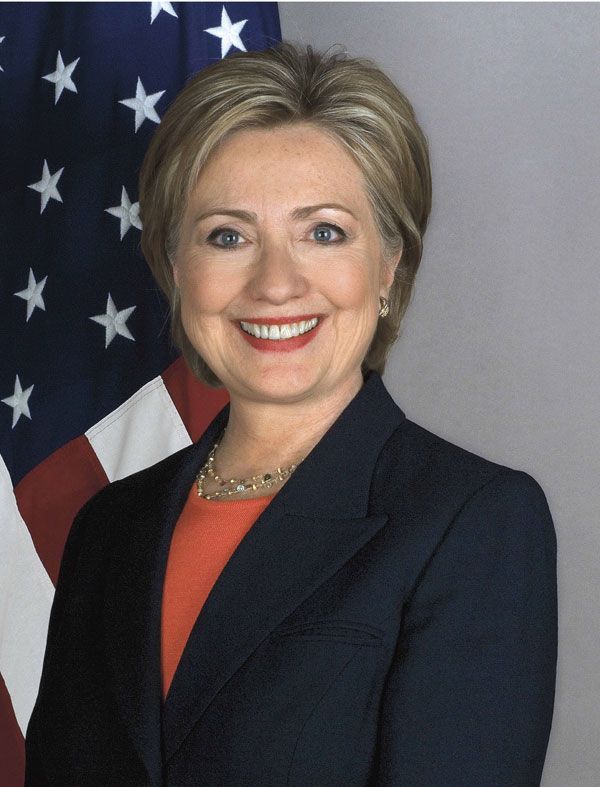If you’ve ever wondered how pervasive slavery is in the modern world, you should check out today’s Trafficking in Persons Report from the U.S. State Department. It chronicles the scope of slavery country by country around the globe—literally from A to Z, Afghanistan to Zimbabwe.
“The TIP report is a vivid reminder that slavery is happening almost everywhere, including the United States,” says FTS co-founder Kevin Bales. “It will take a global movement, and global leaders, to end it.”
The theme of this year’s report: “The Promise of Freedom,” commemorating the 150th anniversary of the Emancipation Proclamation in the United States. The report was presented by Secretary of State Hillary Clinton.

“The end of legal slavery in the United States and in other countries around the world has not, unfortunately, meant the end of slavery,” Clinton said. “Today it is estimated as many as 27 million people around the world are victims of modern slavery.”
Clinton noted how far the world has come since the days when slavery was legal, but noted how far we have to go. She did not shy away from using the “S” word during her remarks at the State Department in Washington.
“Labeling this for what it is, slavery, has brought it to another dimension.” she said. “There is no mistaking what it means, what it does.”
The State Department’s top anti-trafficking official says the report shows there’s been progress.
“As long as the Trafficking in Persons Report is needed,” said Ambassador Luis CdeBaca, “we will find in its pages account after account of traffickers peddling false hope. But that’s not all that we find in the pages of this report. Because every year that passes those false hopes are overtaken more and more by real hope. The real hope that the modern abolitionist movement provides.”
The TIP Report not only identifies the extent of slavery in 186 countries and territories, it rates the efforts of individual nations to confront this human rights abuse. This year 30 countries have been doing a better job and received better ratings, according to State Department analysts. They said 15 countries have slipped in their efforts and were downgraded.
“An important contribution of the TIP Report is its balance,” Bales notes. “It shines a light on the problem of forced labor slavery as well as sex trafficking. It’s vital to fight modern slavery in all its forms, because everyone in slavery today deserves to live in freedom.”
A report does not end slavery, but the TIP Report is viewed by activists as an important tool.
“Excuse the pun here, but the TIP report is the tip of an iceberg,” Bales says. No single report, or national government, can end global slavery on its own. But the TIP Report serves as call to action for our president and Congress, as well as for other world leaders, to continue to mobilize resources and political willpower to make the eradication of slavery a worldwide priority.”
